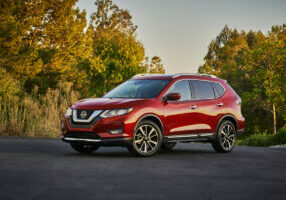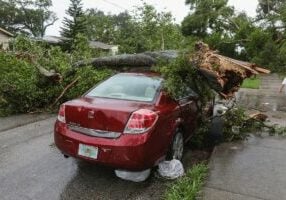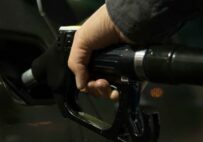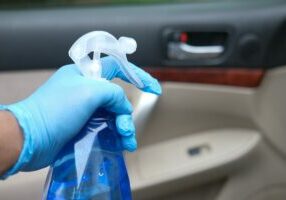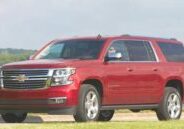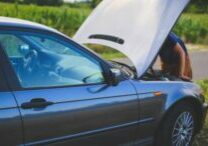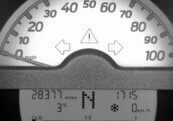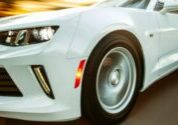7 Things You Should Never Do While Pumping Gas

We all know that gasoline can be a dangerous material. It’s corrosive and highly flammable… and it also happens to be a regular part of everyone’s life who owns some time of vehicle or automobile. Because it is so common that most people use and are around gas frequently, it is even more important to be safe when filling up. Some of these things should be easy to remember: we all know not to smoke while we’re pumping gas, and you should always keep the kids in the car. But there are some things you must never do when you’re pumping gas and few things you need to be aware of each time.
DON’T: Leave the engine running
Engines are quite literally combustion machines. They make and harness fire to run, so leaving that engine running while you’re exposing flammable gas/liquid to the situation is very dangerous. So, before you begin pumping gas, make sure you’ve put your vehicle in park and the engine is off. It’s also a good idea to switch off any auxiliary, 12-volt power sources like phone chargers and cigarette lighters because, even though it’s rare, they have the potential to ignite a fire.
DO: Keep gas off skin and eyes
Fill up your vehicle or a container enough times and it happens to everyone eventually: you spill or splash gas on yourself. It’s common sense that gas would be harmful to your skin and eyes if left untreated, so if you do get gasoline on your skin, wash the affected area in lukewarm (not hot) water and soap. If you get gas in your eyes, experts recommend flushing them with water for at least 15 minutes. Then, remove contact lenses and avoid rubbing your eyes.
DON’T: Use your cellphone
Cell phones are dangerous at the gas station – but not in the way you might be thinking. It is incredibly unlikely that a cell phone will cause a spark, however most gas stations are busy places. Just like in any other high-traffic scenario, you should avoid using your phone so you stay more alert and focused on the task at hand (especially when it involves flammables).
DO: Use the right container
Unfortunately, too many of us are guilty of using a container that’s not approved for holding gasoline. Using the wrong kind of container can destroy the container and cause a spill. When you’ve got an approved container, put it on the ground to fill it and then put it into the vehicle. Keep the cap tightly closed and remove it from your car as soon as you get where you’re going.
DON’T: Overfill
Overfilling a tank is bad for your vehicle, but a spill from overfilling is also dangerous for you or the next person who uses that pump. Most vehicles have fuel tanks that shut off automatically when the tank is full, and you don’t gain much with those extra squeezes. It’s better to trust the tank and you won’t end up spilling gasoline on yourself, your vehicle, or the ground.
DON’T: Get back in the vehicle
Don’t get back in your vehicle when refueling. While it might seem like a good idea – especially when the weather is bad – it can bring unexpected risk. Moving around outside can build up a small amount of static electricity and might cause a spark when you touch the metal. Sparks don’t mix well with gasoline vapors – or maybe they mix a little too well.
DO: Back Away – in case of fire
You’re probably not a firefighter – and even then, you probably don’t have your gear on you. So, if you do experience a fire when refueling, just back away. Leave the nozzle in place, hit the public shutoff button if you can, and notify a gas station employee immediately.

